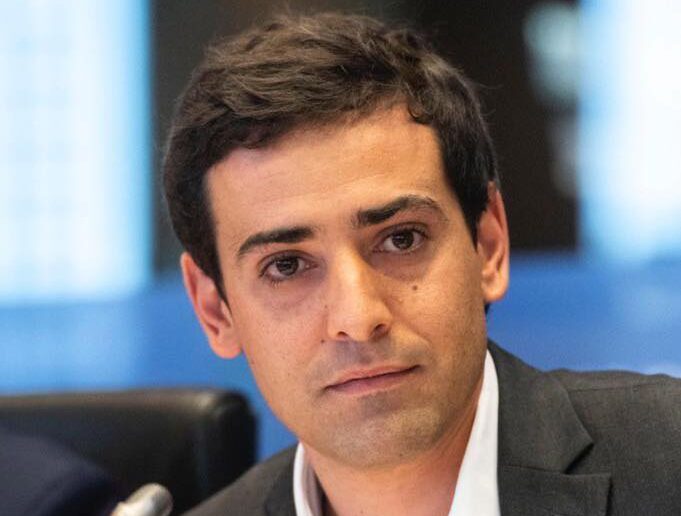Israel has threatened a full-scale invasion of Lebanon to push Hezbollah north of the Litani River.
By JNS
France has dropped a demand for the withdrawal of Hezbollah north of Lebanon’s Litani River from its proposal to end the fighting on Israel’s northern border, the Al-Akhbar daily reported on Monday.
The latest proposal, submitted by French Foreign Minister Stéphane Séjourné this week, calls for a “repositioning” of Hezbollah, without defining to where, said the newspaper, which is close to the terrorist group.
The report cited sources familiar with the negotiations who said Paris’s latest submission calls for a ceasefire in line with U.N. Security Council Resolution 1701 that ended the 2006 Second Lebanon War, ensuring the return of residents of border towns and the deployment of 15,000 Lebanese troops south of the Litani River.
France’s diplomatic solution for the conflict also includes a framework for demarcating the official border between Israel and Lebanon and the creation of a committee to oversee this undertaking.
Hezbollah has carried out near-daily attacks on northern Israel from Southern Lebanon since joining the war against the Jewish state in support of Hamas a day after the latter’s Oct. 7 massacre.
Tehran’s terror proxy has killed nine civilians—Israelis and one foreign worker—and 11 IDF soldiers since it began its current round of attacks.
Following talks in Beirut earlier this week, including with politicians close to Hezbollah, Séjourné arrived in Jerusalem on Tuesday to advance his diplomatic initiative in meetings with Israeli officials.
“A number of proposals that we made to the Lebanese side have been shared [with you],” Paris’s top diplomat said in public remarks ahead of a meeting with Israeli Foreign Minister Israel Katz.
“We have a relationship with Lebanon, 20,000 [French] citizens [live] there and the war in 2006 was particularly dramatic for them,” added Séjourné.
Israel has threatened a full-scale invasion of Lebanon to push Hezbollah north of the Litani River—some 18 miles from the border—if a diplomatic solution is not found. Diplomatic efforts to calm tensions, including by the United States, have thus far been unsuccessful.
Overnight Monday, Hezbollah terrorists fired two anti-tank guided missiles towards the area of Moshav Dovev in the northeastern Galilee, the Israel Defense Forces said on Tuesday morning.
The missiles hit open areas and no casualties or damage were reported, the IDF said, adding that forces attacked the source of the shooting. Israeli Air Force fighter jets also attacked Hezbollah terrorist infrastructures in the Southern Lebanese towns of Kafr Kila and Khiam.
On Monday, as Israelis celebrated the seventh day of Passover, air-raid sirens were activated in numerous northern border communities, including Metula, Kiryat Shmona and Arab al-Aramshe.
The IDF said artillery “removed a threat” in the Ayta ash Shab area, in addition to striking terrorist infrastructure throughout Lebanon’s south.
On Saturday night, an Israeli soldier was lightly wounded in a rocket barrage fired by Hezbollah from Lebanon at the Galilee. The soldier was treated overnight and released on Sunday morning.
Over the weekend, Hezbollah Deputy Secretary General Naim Qassem threatened that a full-scale war with Israel would make the country’s northern region even more uninhabitable.
“[Israeli Defense Minister Yoav] Gallant threatens us that if we don’t stop the attacks, he will attack Lebanon to return the residents of the north to their homes,” he said.
“I say to Gallant that this war will not only cause the Zionists to not return to their homes but is likely to end their presence in the northern occupied territories once and for all,” he added.


